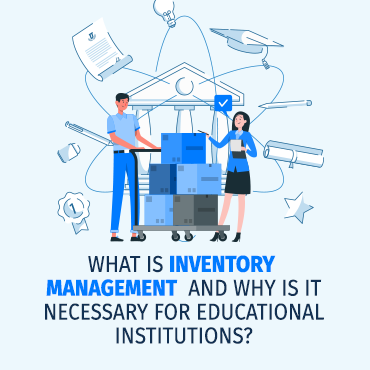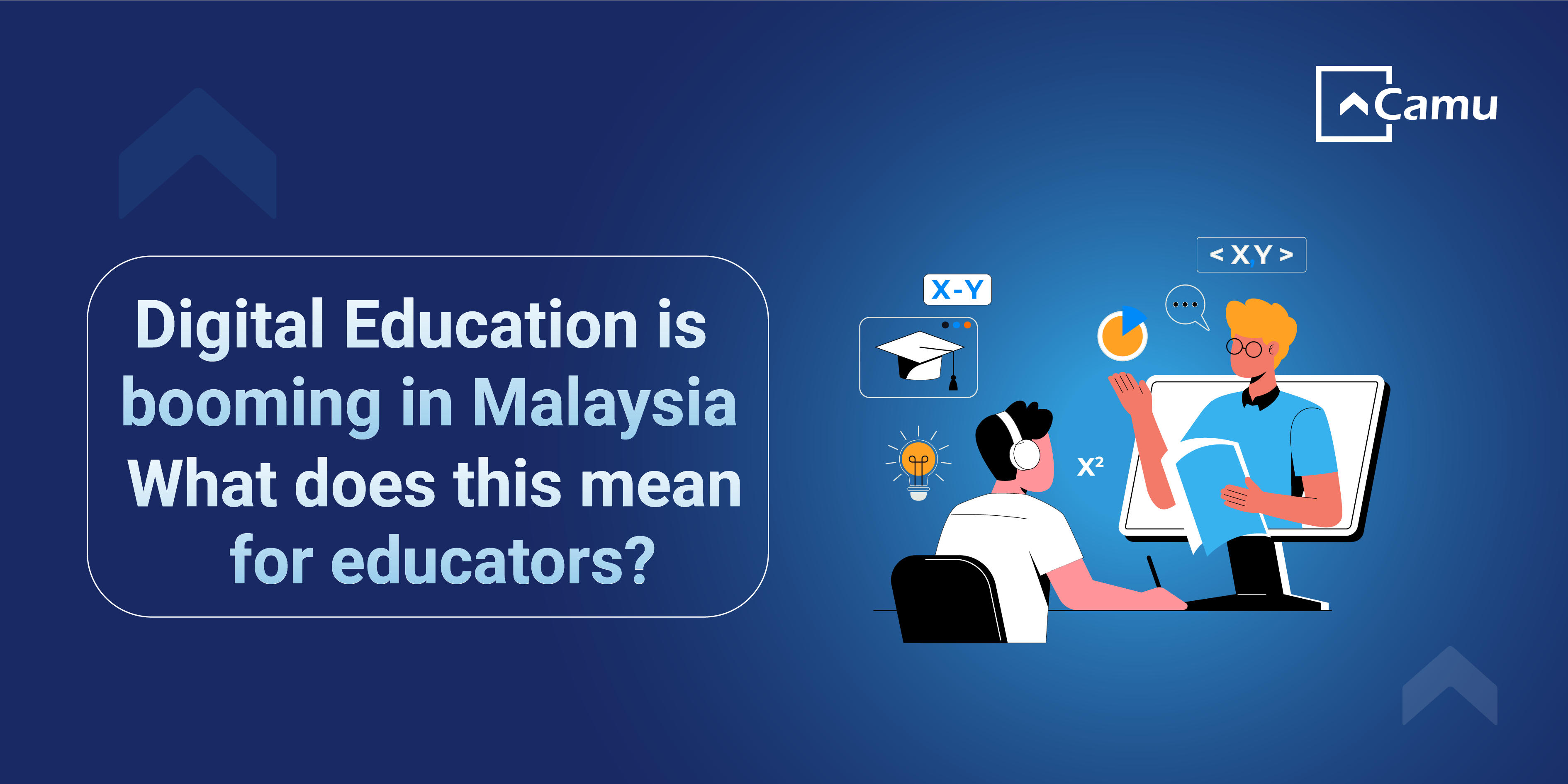Table of Contents
Introduction: EdTech Growth in Malaysia
The EdTech Conundrum
How EdTech Can Reduce Stress in Students
How EdTech Can Reduce Stress in Teachers
Conclusion: Building a Resilient, Stress-Free Learning Ecosystem
Introduction: EdTech Growth in Malaysia
According to the “Malaysia Online Education Market Outlook 2023”, the country’s online education sector is projected to grow at a CAGR of 16.4% leading up to 2023. This remarkable shift reflects the widespread adoption of mobile technology, a digitally fluent youth population, and progressive government initiatives supporting educational transformation.
However, even as digital education gains traction, it brings with it a new set of challenges—especially related to mental well-being among students and instructors.
At Camu, we believe that when designed and deployed effectively, EdTech can become a powerful stress-reliever, not a stressor. Let’s explore how.
The EdTech Conundrum
EdTech is often misunderstood as a source of stress, anxiety, and even isolation. Many educators and learners express concerns about the lack of face-to-face interaction, the complexity of digital tools, and unequal access to resources.
This perception is particularly prevalent among marginalized groups who face:
But here’s the truth: when implemented thoughtfully, EdTech can enhance well-being, simplify academic tasks, and create a more engaging, equitable, and flexible learning environment.
With an intuitive solution like Camu, educational stress can be significantly minimized.
How EdTech Can Reduce Stress in Students
Smart, scalable, and personalized education platforms like Camu create student-friendly learning experiences. Here’s how:
Online Quizzes with Instant Feedback
Camu’s LMS quiz module allows students to review topics and test themselves with immediate feedback—helping them track progress without fear of judgment.
Creative and Flexible Assignments
Through the Assignments portal, students can engage in creative work like short video submissions or presentations, giving them room for self-expression and ownership of learning.
Data-Driven Performance Analytics
Camu’s integrated LMS and SIS offer advanced analytics, giving students and faculty a clear picture of academic progress over time. This helps in early identification of learning gaps.
OBE and CBCS Integration
Camu supports both Outcome-Based Education (OBE) and Choice-Based Credit System (CBCS)—allowing students to learn what aligns with their interests and strengths, rather than following a rigid curriculum.
By putting autonomy and support at the heart of learning, Camu helps students succeed with less stress and more clarity.
How EdTech Can Reduce Stress in Teachers
Camu recognizes that teacher well-being is crucial to educational success. Our platform is designed to minimize admin load and maximize teaching impact.
Automation of Admin Tasks
From attendance tracking to grading, Camu’s Student Information System (SIS) automates routine functions, freeing up time for lesson planning and student interaction.
Seamless Resource Sharing
Teachers can upload and share materials—including multimedia content—through the LMS, reducing the need for manual duplication or printing.
Anytime, Anywhere Communication
The Camu Mobile App enables teachers to engage with students and parents in real-time, send announcements, or conduct check-ins—creating an always-connected academic community.
Virtual Classrooms for Flexible Teaching
With Camu’s Virtual Classroom, teachers can conduct sessions from anywhere—saving travel time and increasing flexibility while maintaining classroom presence and interaction.
The result? A more balanced, less stressful work environment for educators.
Conclusion: Building a Resilient, Stress-Free Learning Ecosystem
EdTech is not the problem—when thoughtfully deployed, it’s the solution.
With features designed to ease academic and administrative burdens, Camu is leading the way in creating a stress-free digital learning environment for institutions in Malaysia and across Southeast Asia.
If your higher education institution is looking for a trusted, intuitive, and scalable EdTech partner, Camu is here to help.
Contact us today to explore how Camu can support your digital transformation journey while fostering well-being across your academic ecosystem.





